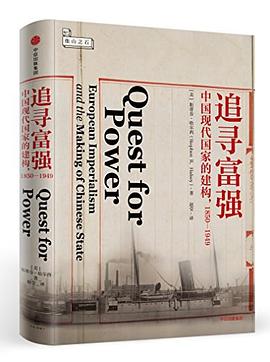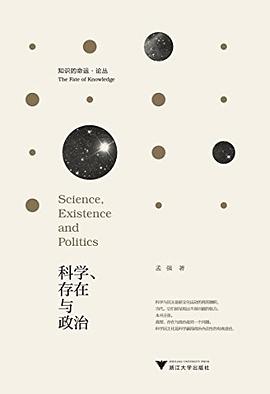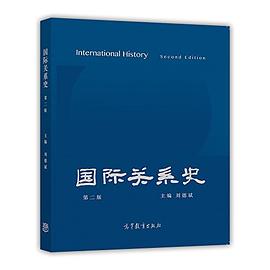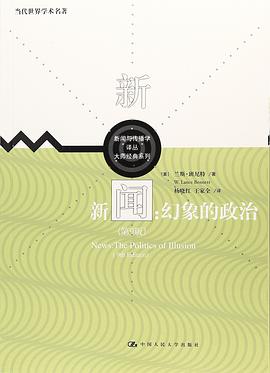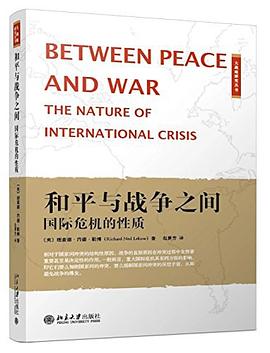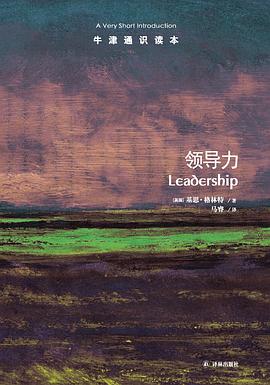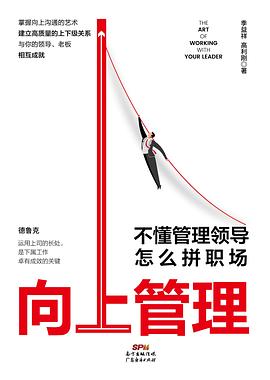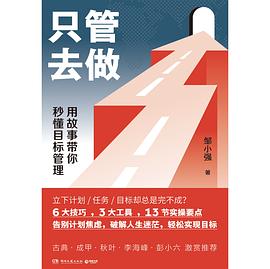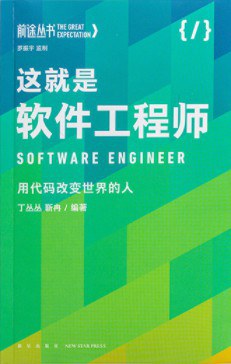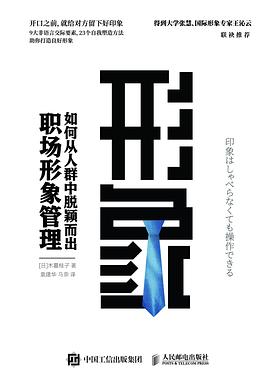

具体描述
Daniel Koss, Academia Sinica, Taipei, Taiwan
Daniel Koss is Assistant Research Fellow at the Institute of Political Science of Academia Sinica, Taipei. Prior to this appointment, he was a post doctoral fellow at the Harvard Academy for International and Area studies.
In most non-democratic countries, today governing forty-four percent of the world population, the power of the regime rests upon a ruling party. Contrasting with conventional notions that authoritarian regime parties serve to contain elite conflict and manipulate electoral-legislative processes, this book presents the case of China and shows that rank and-file members of the Communist Party allow the state to penetrate local communities. Subnational comparative analysis demonstrates that in 'red areas' with high party saturation, the state is most effectively enforcing policy and collecting taxes. Because party membership patterns are extremely enduring, they must be explained by events prior to the Communist takeover in 1949. Frontlines during the anti-colonial Sino-Japanese War (1937–1945) continue to shape China's political map even today. Newly available evidence from the Great Leap Forward (1958–1961) and the Cultural Revolution (1966–1976) shows how a strong local party basis sustained the regime in times of existential crisis.
Draws on a vast amount of new data
Uses a range of methods, including field observation, archival research, formal modeling, and statistical tests
Offers conclusions that can be used comparatively to study authoritarian regimes
Read more at http://www.cambridge.org/gb/academic/subjects/politics-international-relations/comparative-politics/where-party-rules-rank-and-file-chinas-communist-state#PmqK7rOHgCEr0FUL.99
用户评价
##Skim了一下introduction,和大牛本人聊了聊,算是大致读过了吧。大牛老师这本书的志趣和方法都挺smart的,试图建立一条从抗战时期到当代地方治理差异性之间的因果链,以party membership为中介变量。这个思路很有趣,不过正如他自己也承认的,想要在微观层面找到path dependency到证据本身已经很难,想rule out其他的potential mechanisms给自己的这个argument做出causal reference更是难上加难。总的来说,这本书是一个有趣、精巧也尽力了的研究,读起来还是挺enjoyable的,作为博论也很不错了。
评分 评分##读的体验太差了,理论框架、地理位置和时间变来变去,非常碎片化,几乎什么都要涵盖但什么都没讲清楚
评分##This is the epitome of 外宾视角
评分 评分##野心很大的话痨
评分 评分##Skim了一下introduction,和大牛本人聊了聊,算是大致读过了吧。大牛老师这本书的志趣和方法都挺smart的,试图建立一条从抗战时期到当代地方治理差异性之间的因果链,以party membership为中介变量。这个思路很有趣,不过正如他自己也承认的,想要在微观层面找到path dependency到证据本身已经很难,想rule out其他的potential mechanisms给自己的这个argument做出causal reference更是难上加难。总的来说,这本书是一个有趣、精巧也尽力了的研究,读起来还是挺enjoyable的,作为博论也很不错了。
评分##读近年的政治学著作,越来越坚信政治学药丸/已丸。对比几十年前的书,简直是天渊之别。不管数据多么惊人,永远深陷一个用相关解释因果,用单一遮盖多元的泥潭。
相关图书
本站所有内容均为互联网搜索引擎提供的公开搜索信息,本站不存储任何数据与内容,任何内容与数据均与本站无关,如有需要请联系相关搜索引擎包括但不限于百度,google,bing,sogou 等
© 2025 book.idnshop.cc All Rights Reserved. 静思书屋 版权所有

